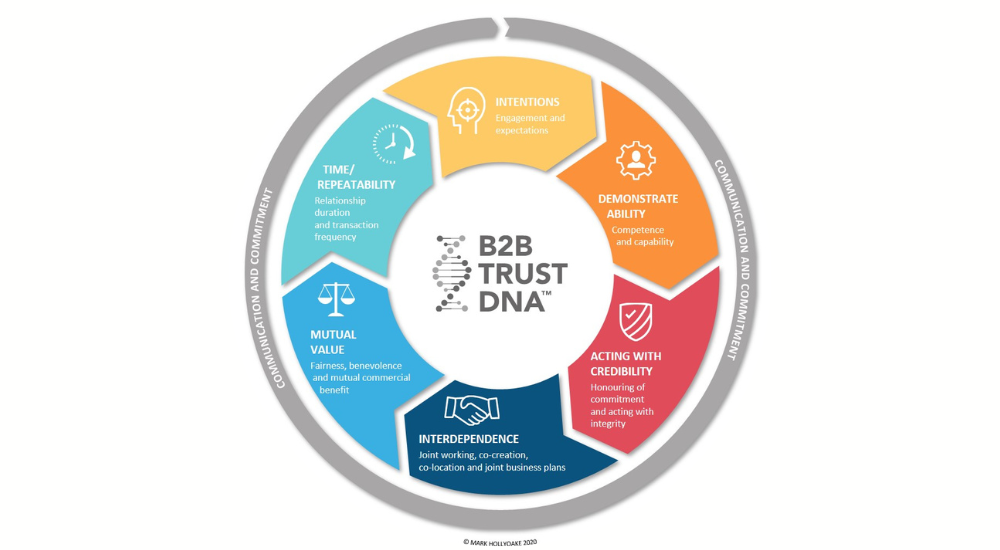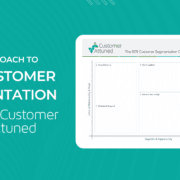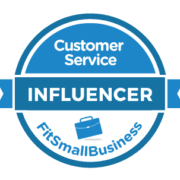When is a B2B Customer/Supplier Relationship a “Partnership”?
When is a B2B Customer/Supplier Relationship a “Partnership”?
The business-to-business (B2B) sector encompasses an extremely wide range of customer relationships, from purely transactional arrangements with small enterprises through to hugely complex multi-year global contracts worth multi-million dollars!
Accordingly, these are categorised from “small” accounts often managed via low-cost self-serve channels through to “key” accounts managed by account “directors” who orchestrate the efforts of teams of subject experts and dedicated support staff to engage and serve these customers at multiple levels.
Some large joint ventures are overt, formal partnerships where all involved share liabilities and profits equally, but sometimes large B2B accounts get referred to as “partner status” or “strategic partnerships”, inferring a depth of relationship beyond “key” status. It is such accounts that this blog is addressing, although the principles and approaches described also apply to the more formal partnerships.
Here are three characteristics of large B2B relationships that could qualify for the account being termed as partner status:
-
Interdependence
We hear a lot in B2B about the supplier being a “trusted adviser” to the client. This is good, but there are levels beyond e.g. “trusted collaborator” or “trusted co-creator”. The inference here is active co-working to pool knowledge, skills and experience to innovate new products, services and ways of working – and resolve issues! It is more than just giving advice, however good it is.
Deep interdependence is where both sides of the relationship are invested in the greater good and pursuit of mutual value that can be achieved when genuine trust has been established on both sides. It is manifested by open and proactive sharing of knowledge and insight, jointly developed strategies and plans, and cross-functional working (even co-locating and co-recruiting when appropriate).
In a highly interdependent relationship it shouldn’t matter who you’re talking to on the customer or supplier side – you will experience the same levels of energy, commitment, values, honesty and attitude about achieving the partnership’s goals and outcomes.
In the UK the Post Office / Fujitsu Horizon scandal has had an extremely high profile and I do not wish to add to the finger pointing, but I think it will be clear to readers that the description of interdependence above does NOT describe that B2B relationship! Indeed, it is a case study for overdependence and excessive trust.
-
Sharing Reputational Risk
Formal partnerships rightly have contracts that set out the fine detail of the operational and financial risks involved, and are overt so the reputation of all is equally at stake.
In the best B2B relationships this happens without all the small print! Staff are just as concerned about the reputation of their partner as they are about their own company. This is manifested by a healthy obsession with the end-customer experience – whatever issues we face, we don’t let the customer suffer because of our internal wranglings! Customer centricity is at the heart of the best business partnerships.
-
Mutual Benefit
The third characteristic that could qualify for an account being termed as a “partner” is a top-to-bottom focus on mutual value and benefit over and above our own individual company’s interests. This manifests in the way that targets are jointly set, benefits of collaboration are shared, and how conflicts are resolved.
In the very best B2B relationships the customer ensures the supplier prospers equitably from the contract because it provides stability within the supply chain, fosters a positive environment for change, and means that we face disruption and uncertainty together. Similarly for the supplier – the more successful their customer is the more successful they become and more long-lived the partnership.
Assessing Trust within Partnerships
If these characteristics describe some of your key B2B relationships, then we believe that investment is required to manage them appropriately. This includes actively hearing from the many stakeholders involved at all levels on both sides.
The Partnership Survey from Customer Attuned Ltd draws upon over eight years of academic research undertaken by Dr Mark Hollyoake through his doctorate into B2B trust and is more than just another customer research exercise.
It involves engaging c.20 minute confidential 1:1 interviews between a Customer Attuned expert and (usually) 25 stakeholders on each side of the relationship (i.e. a 360o view from c.50 staff), ensuring that counterparts are mirrored on both sides.
The questions are aligned to the Trust DNA™ model and comments and examples are probed to give a wealth of insight into what’s working or not, and whether the relationship is improving or deteriorating.
Get in touch
Have you partner relationships that need improving?
Please get in touch to discuss how we can help you develop more trust-based customer relationships for sustained mutual value.
Read more about the Partner Relationship Survey here.
- Entrepreneurialism in B2B sales - May 7, 2025
- When is a B2B Customer/Supplier Relationship a “Partnership”? - May 1, 2024
- The Customer Attuned “Infinity Loop” of Customer Centricity Explained - December 8, 2023








